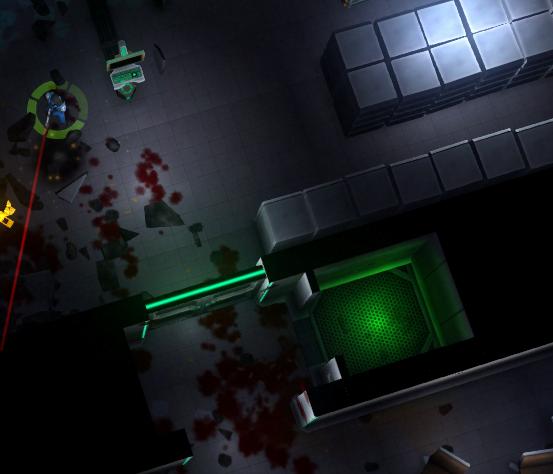


However, parts of the Official Secrets Act 1911remain in force. Most notably, section 2 of the Act, which was described as a “catch all” section and much criticised, was repealed and replaced by the Official Secrets Act 1989. The Official Secrets Act 1911has been amended a number of times. When orginally enacted, section 1 of the Official Secrets Act 1911established offences related to spying, while section 2 made it an offence for a Crown Servant to disclose any official information without lawful authority. The Official Secrets Act 1911was passed in response to the growing threat of international espionage. However, the length of time between an unauthorised disclosure and the event or situation it relates to may be a factor in the Attorney General’s decision to prosecute someone under the Official Secrets Act 1989. There is no specified duration under which a person is bound by the Official Secrets Act. How long is a person bound by the Official Secrets Act? The 1989 Act states that a person can be “notified” that he or she is bound by it and Government employees will usually be informed via their contract of employment if they must observe the Act. It is not necessary for a person to have signed the Official Secrets Act in order to be bound by it. Do you have to sign the Official Secrets Act to be bound by it? The maximum penalty for offences connected with the unauthorised disclosure of information under the Official Secrets Act 1989 is two years’ imprisonment or an unlimited fine, or both. However, longer sentences are possible for a series of offences. The maximum term of imprisonement for offences related to espionage under section 1 of the Official Secrets Act 1911(as amended by the Official Secrets Act 1920) is fourteen years. Prosections under the Acts are rare – fewer than one a year.

The decision of whether to prosecute someone under the Official Secrets Acts lies with the Attorney General. Prosecutions under the Official Secrets Act The Official Secrets Act 1989 creates an offence for the unlawful disclosure of information in six specific categories by employees and former employees of the security and intelligence services, and for current and former Crown Servants and Government contractors. Section 1 of the Official Secrets Act 1911(as amended by the 19 Official Secrets Acts) sets out offences related to spying, sabotage and related crimes. The Official Secrets Acts 1911-1989 provide the main legal protection in the UK against espionage and the unauthorised disclosure of information.


 0 kommentar(er)
0 kommentar(er)
